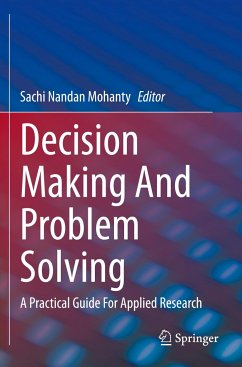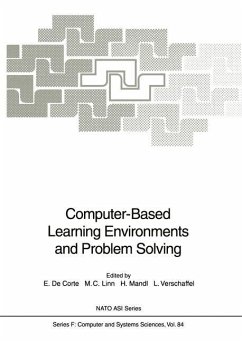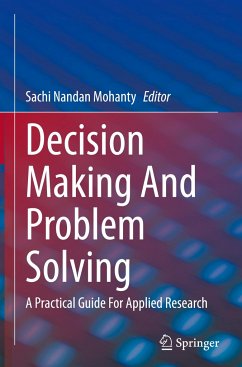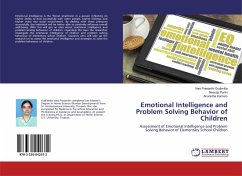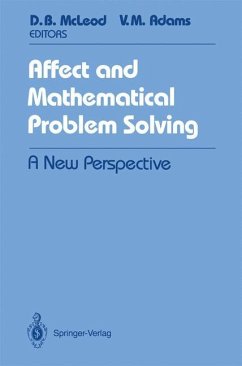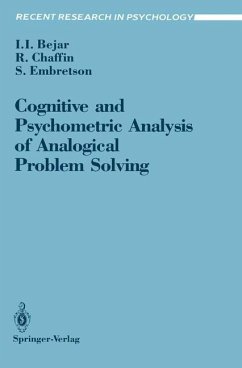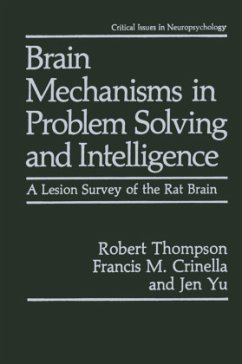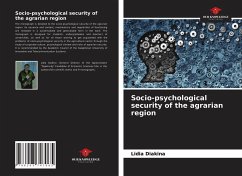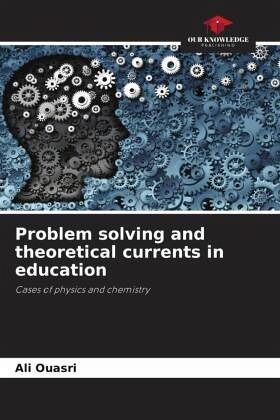
Problem solving and theoretical currents in education
Cases of physics and chemistry
Versandkostenfrei!
Versandfertig in 6-10 Tagen
27,99 €
inkl. MwSt.

PAYBACK Punkte
14 °P sammeln!
This work consists in analyzing the processes of construction of scientific knowledge by taking into account various psychological currents that have been interested in education in general and in teaching-learning through problem-solving activities in particular. The behaviorist, cognitivist, connectionist and embodied dynamical systems paradigms were then discussed; the transitional currents marking the progressive passage from behaviorism to cognitivism were also illustrated. The various categories of knowledge were analyzed from a cognitivist point of view, in particular according to the i...
This work consists in analyzing the processes of construction of scientific knowledge by taking into account various psychological currents that have been interested in education in general and in teaching-learning through problem-solving activities in particular. The behaviorist, cognitivist, connectionist and embodied dynamical systems paradigms were then discussed; the transitional currents marking the progressive passage from behaviorism to cognitivism were also illustrated. The various categories of knowledge were analyzed from a cognitivist point of view, in particular according to the information processing model. The didactics of problem solving in the teaching/learning system is discussed generally from a psychological point of view. The specificities of the didactics of physics and chemistry and the perspectives of problem solving in the teaching-learning system have been particularly analyzed.



